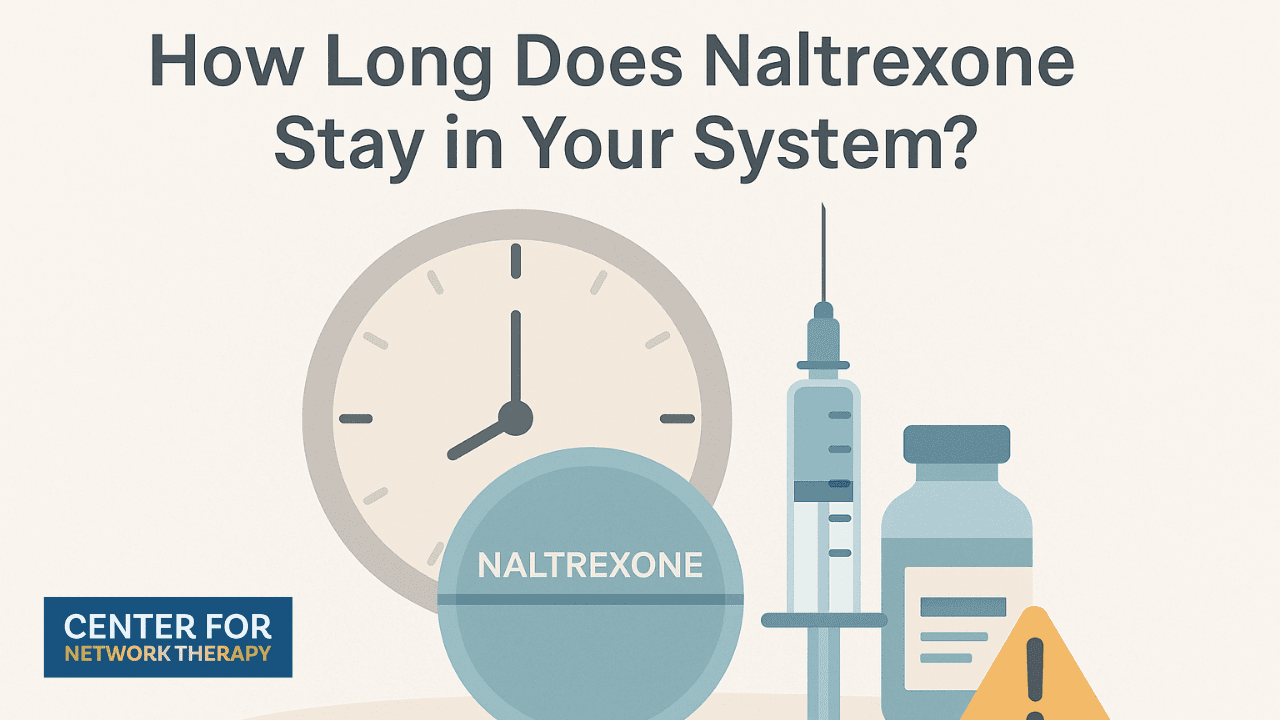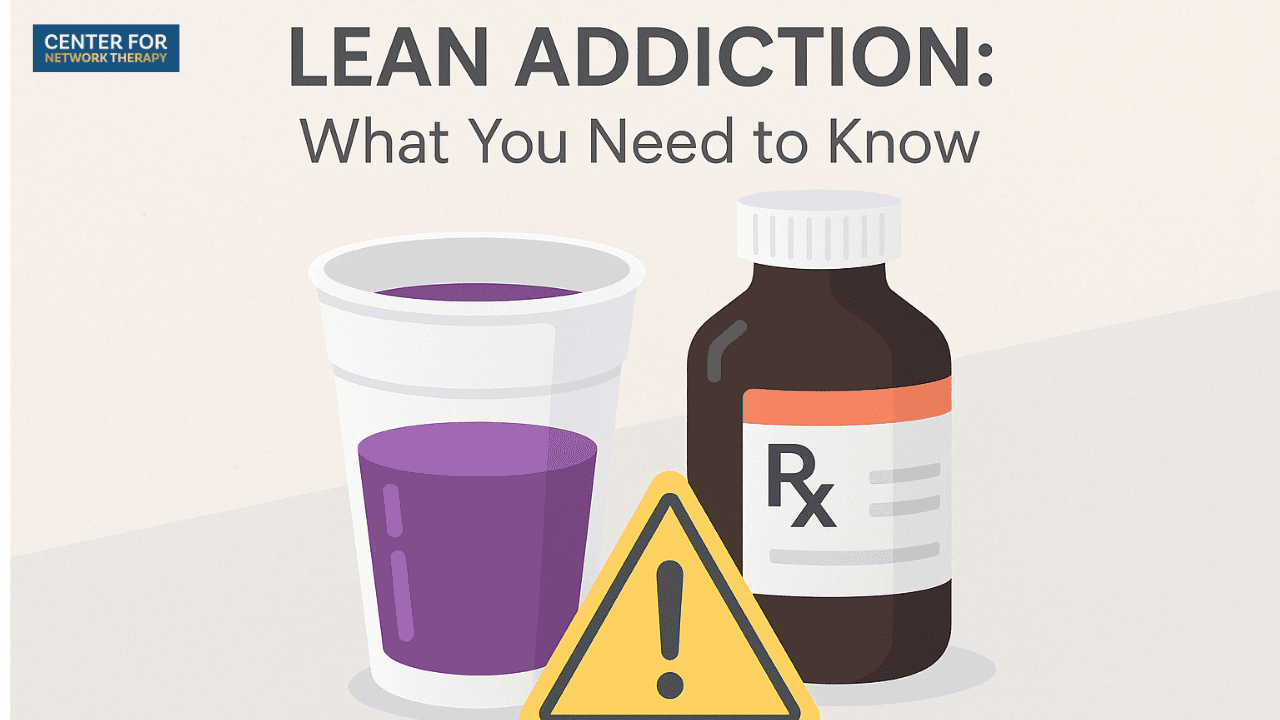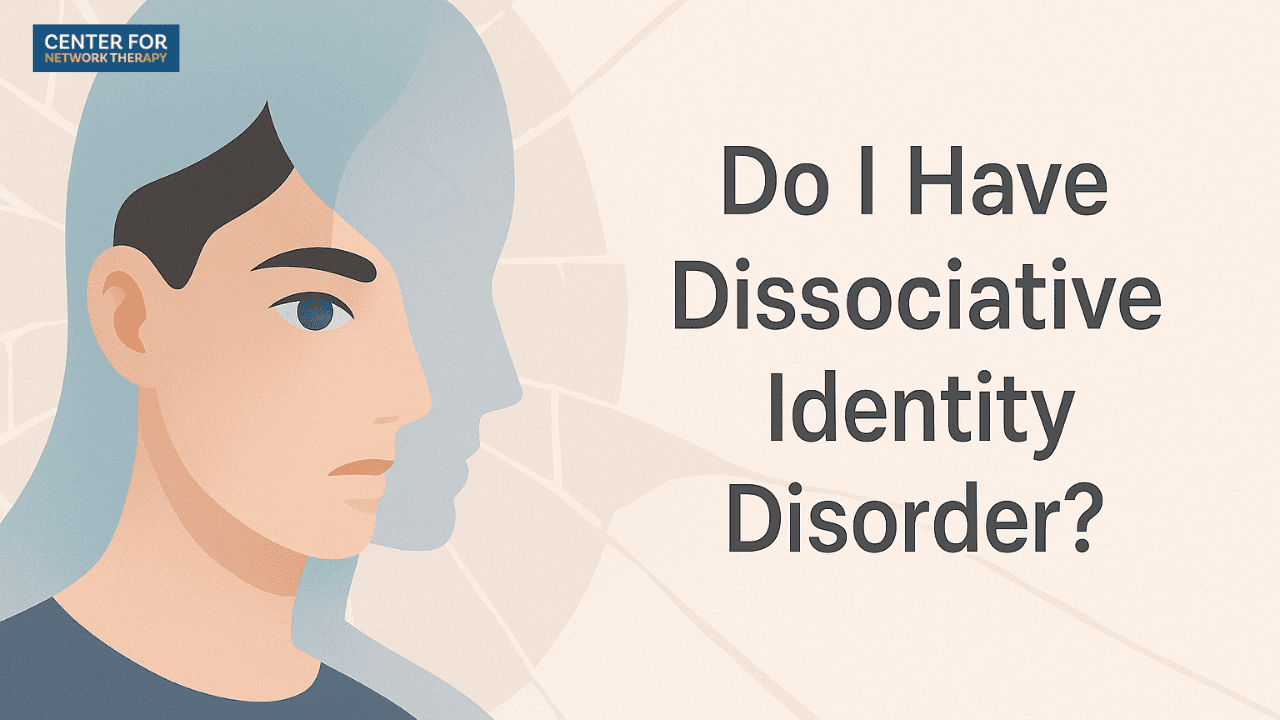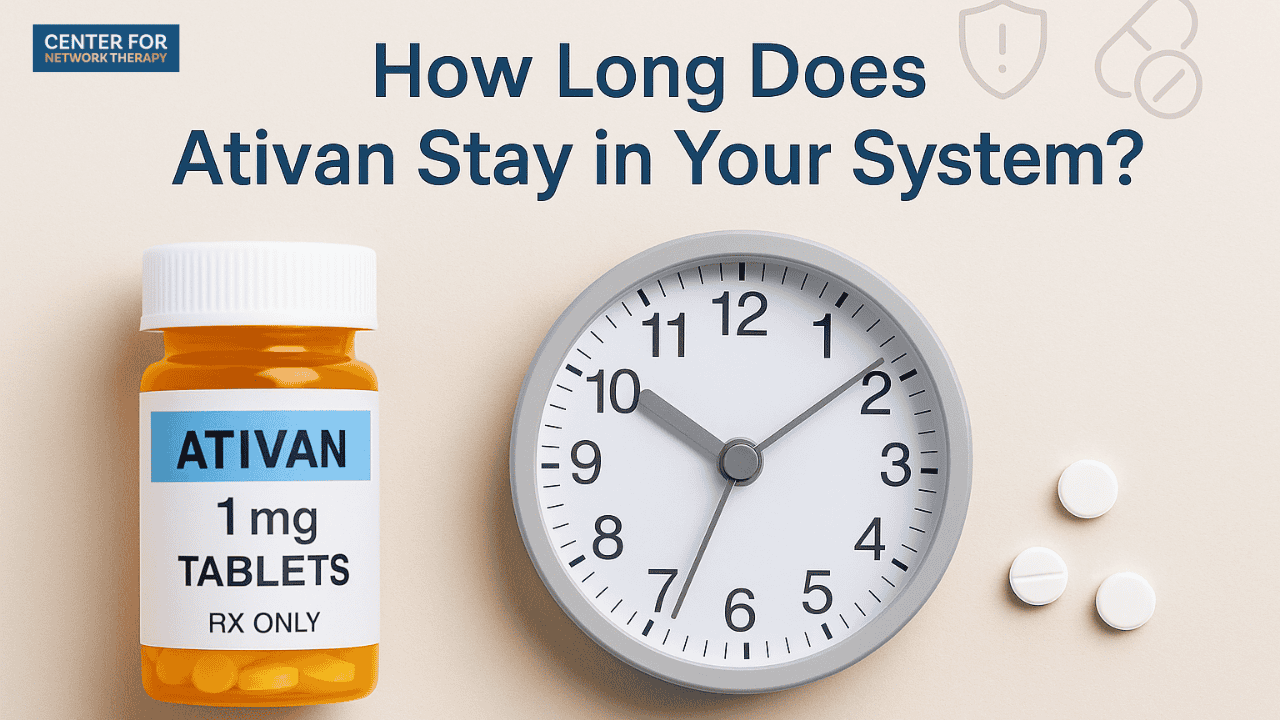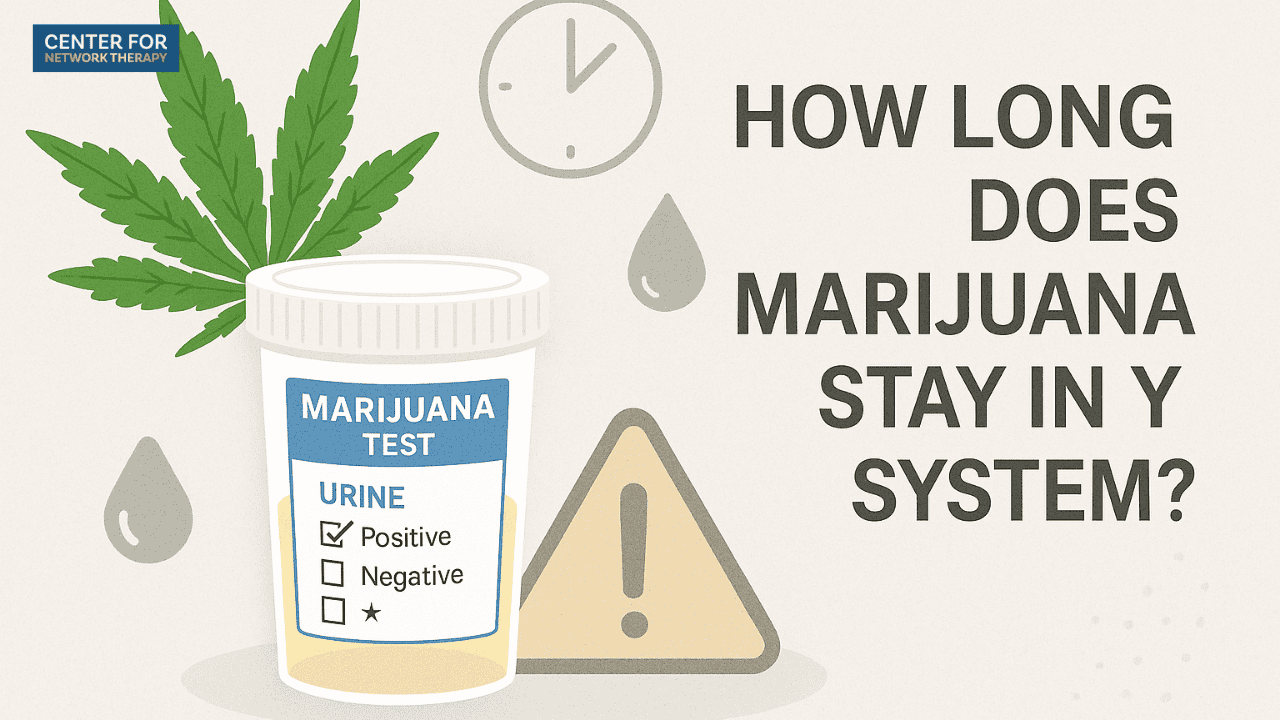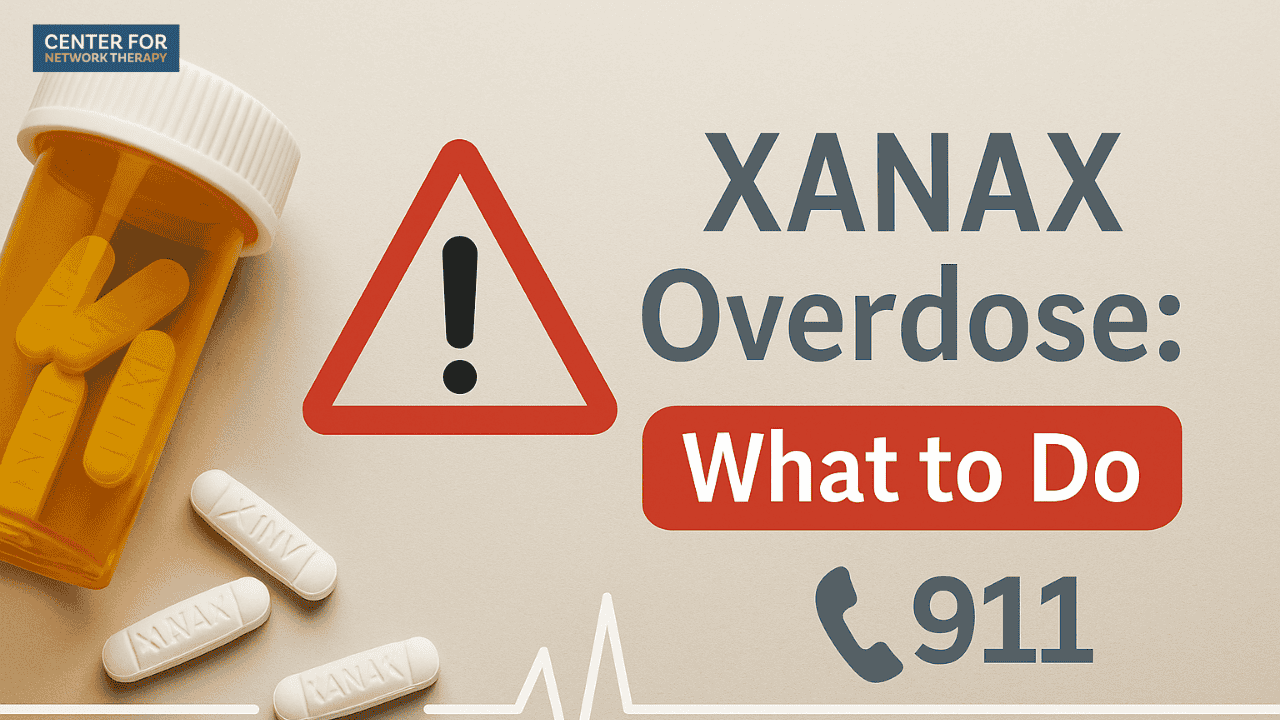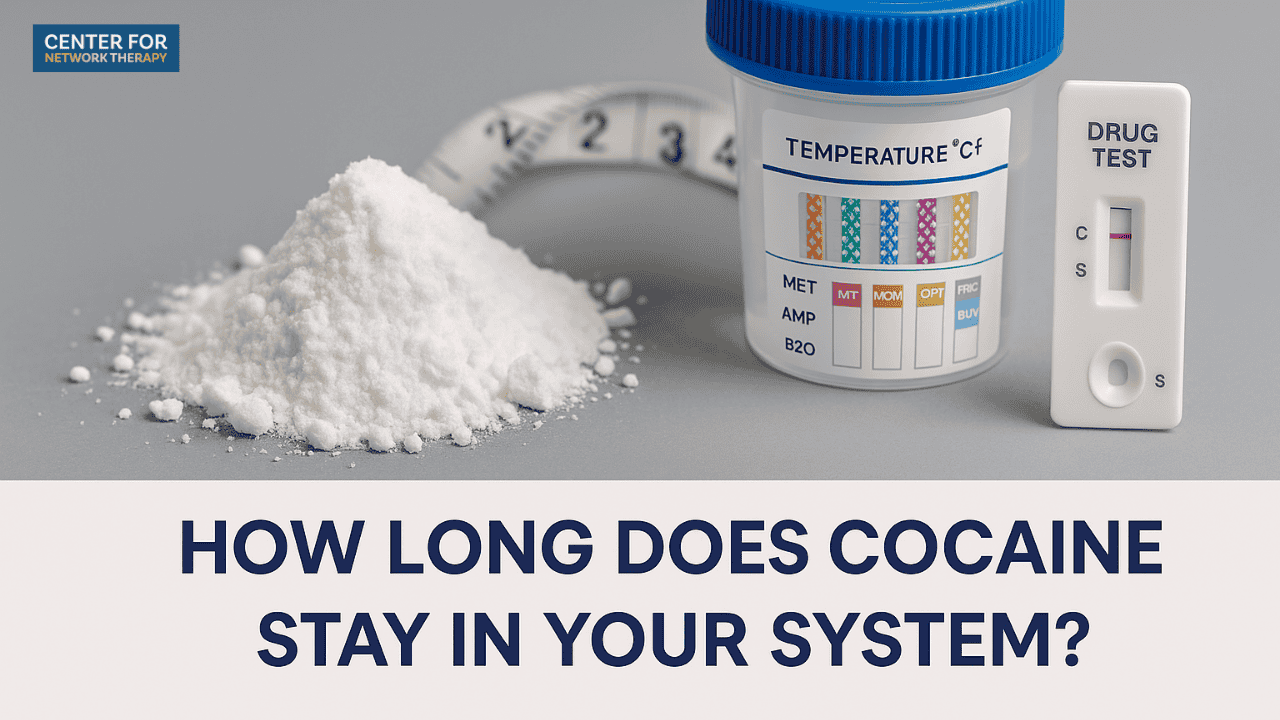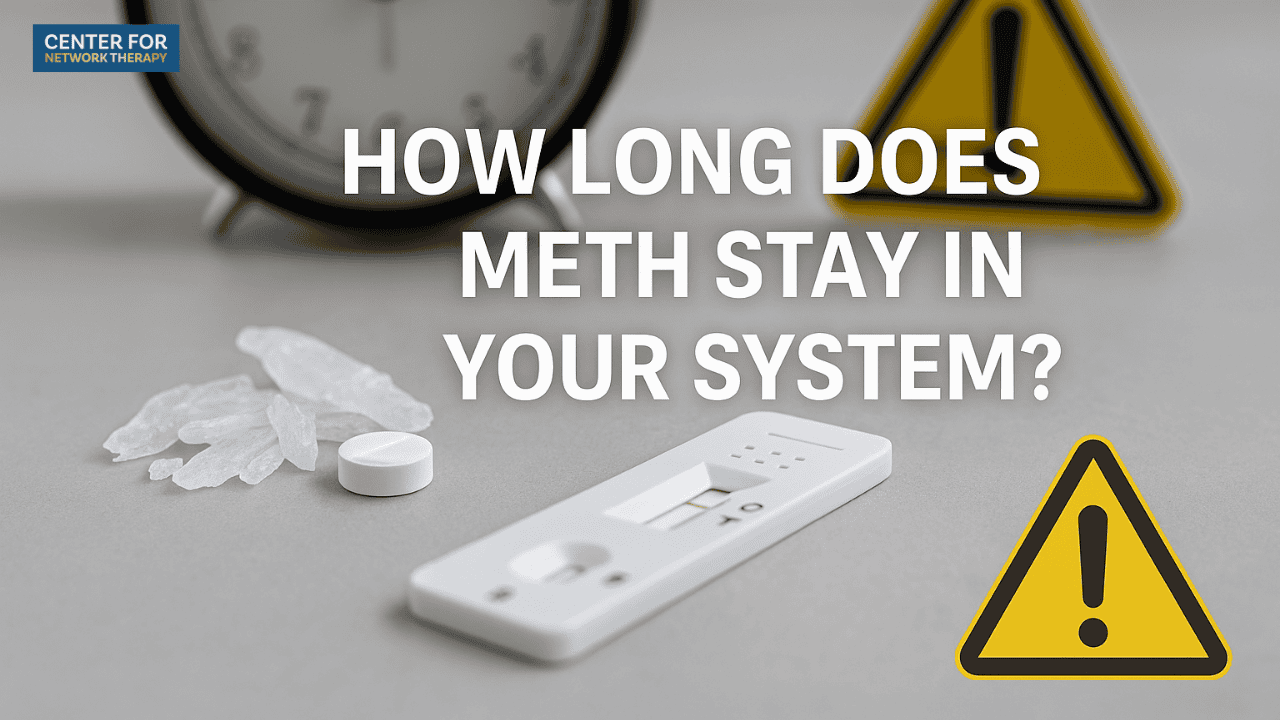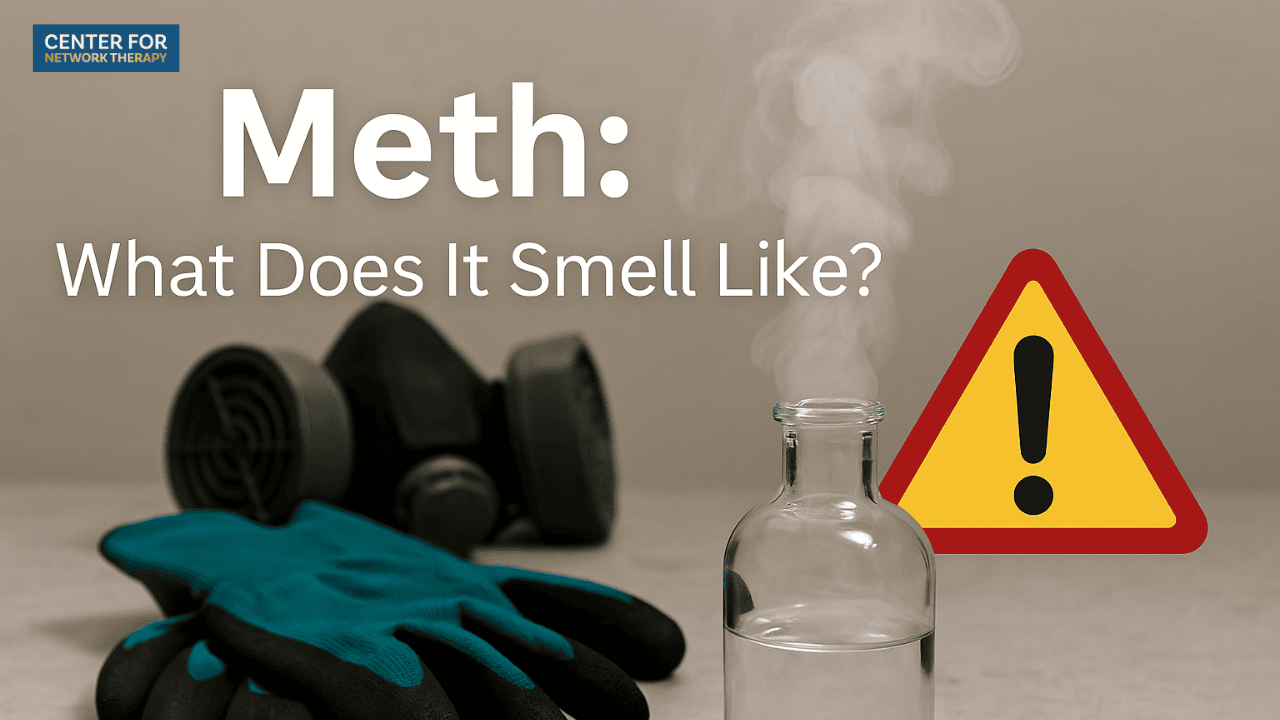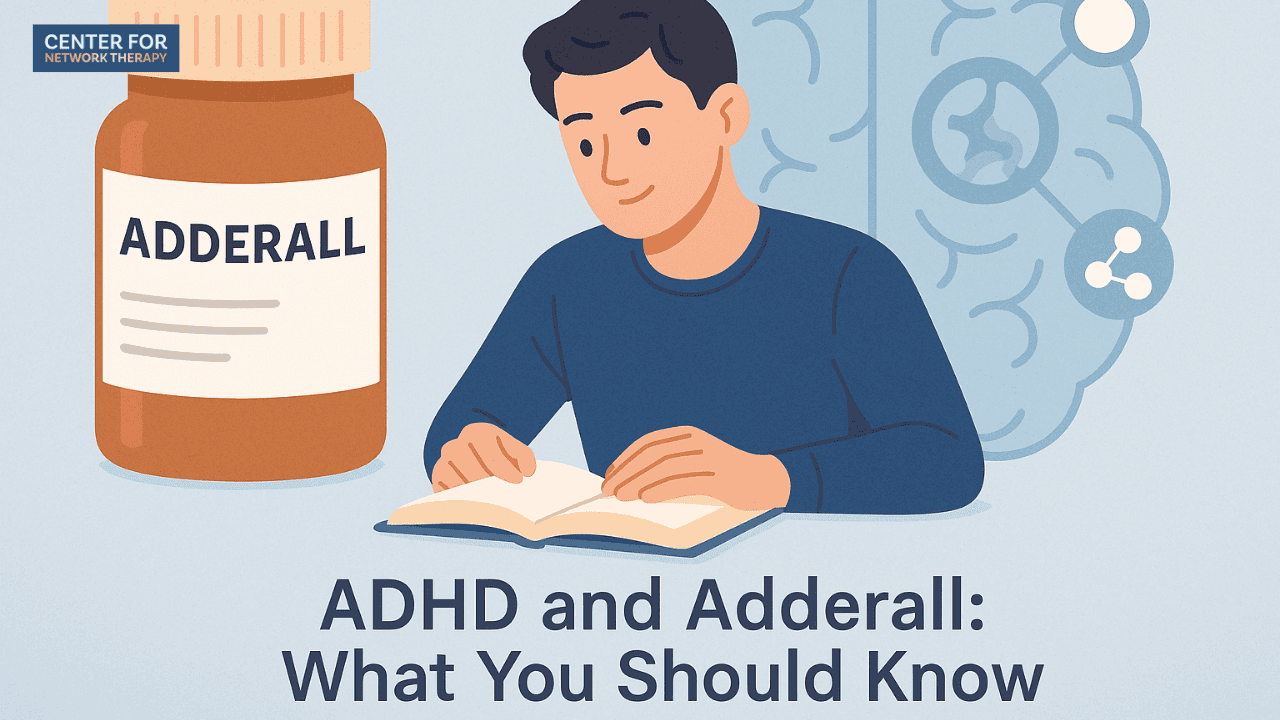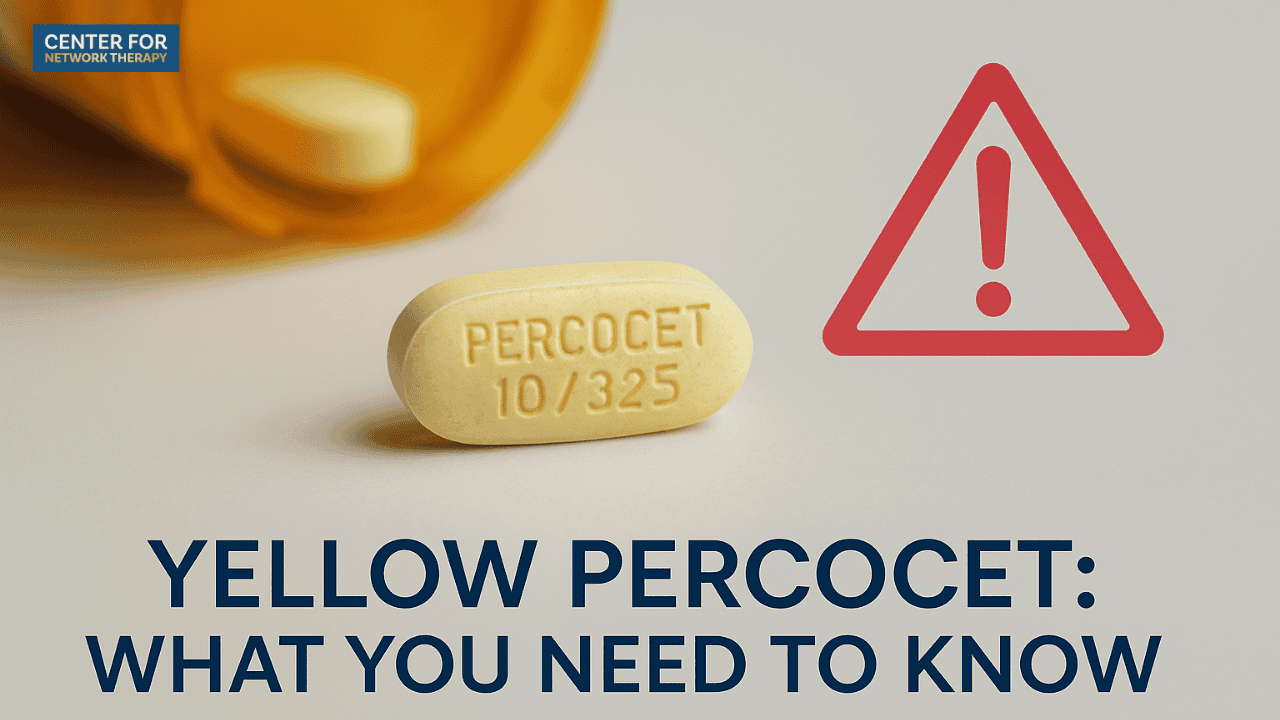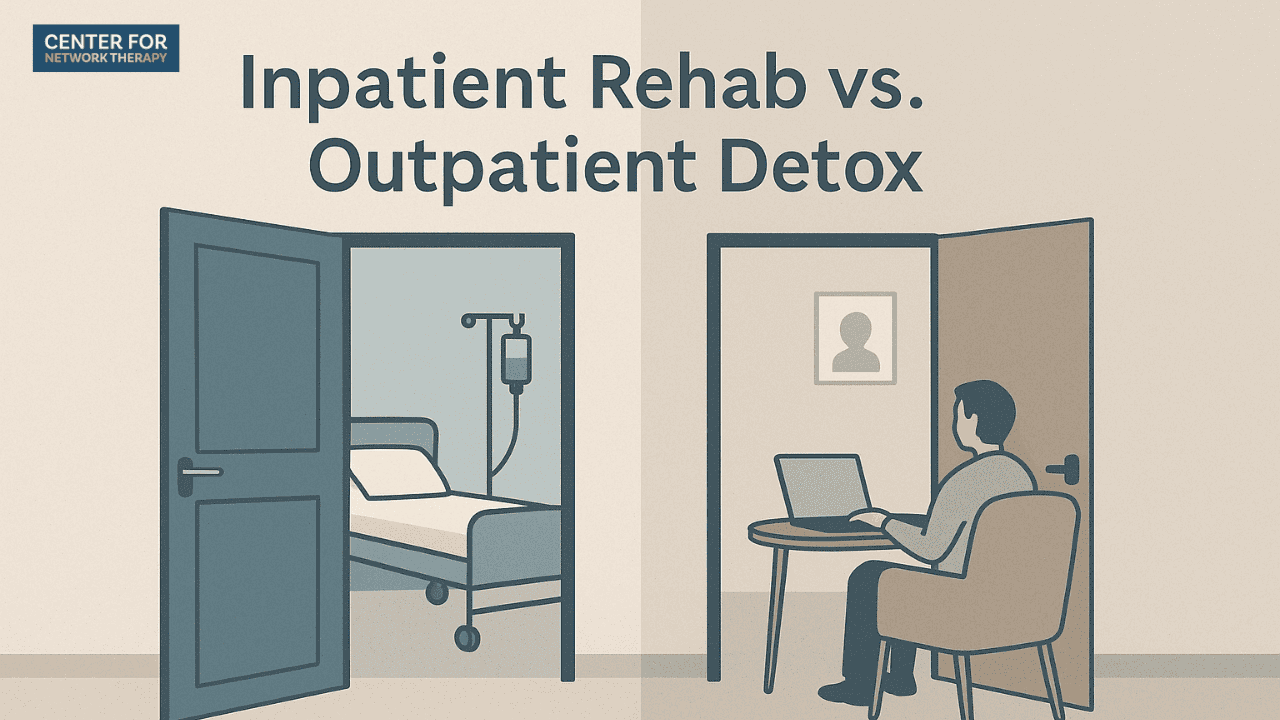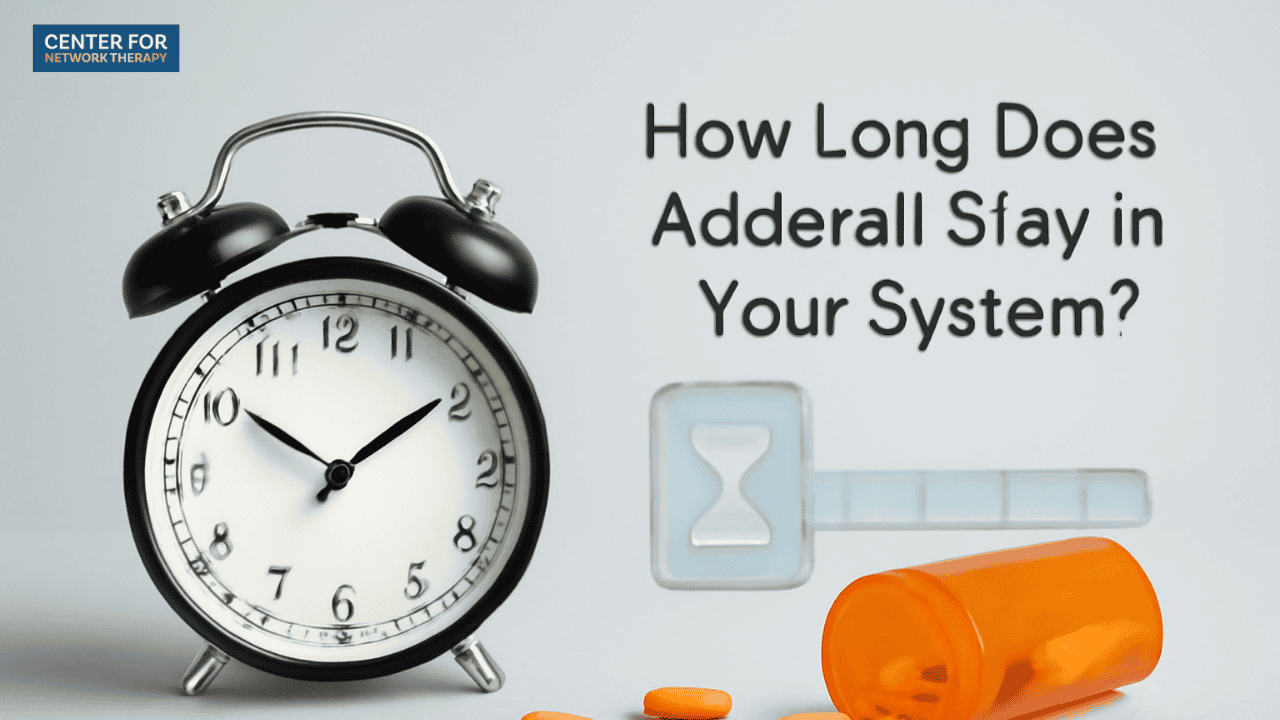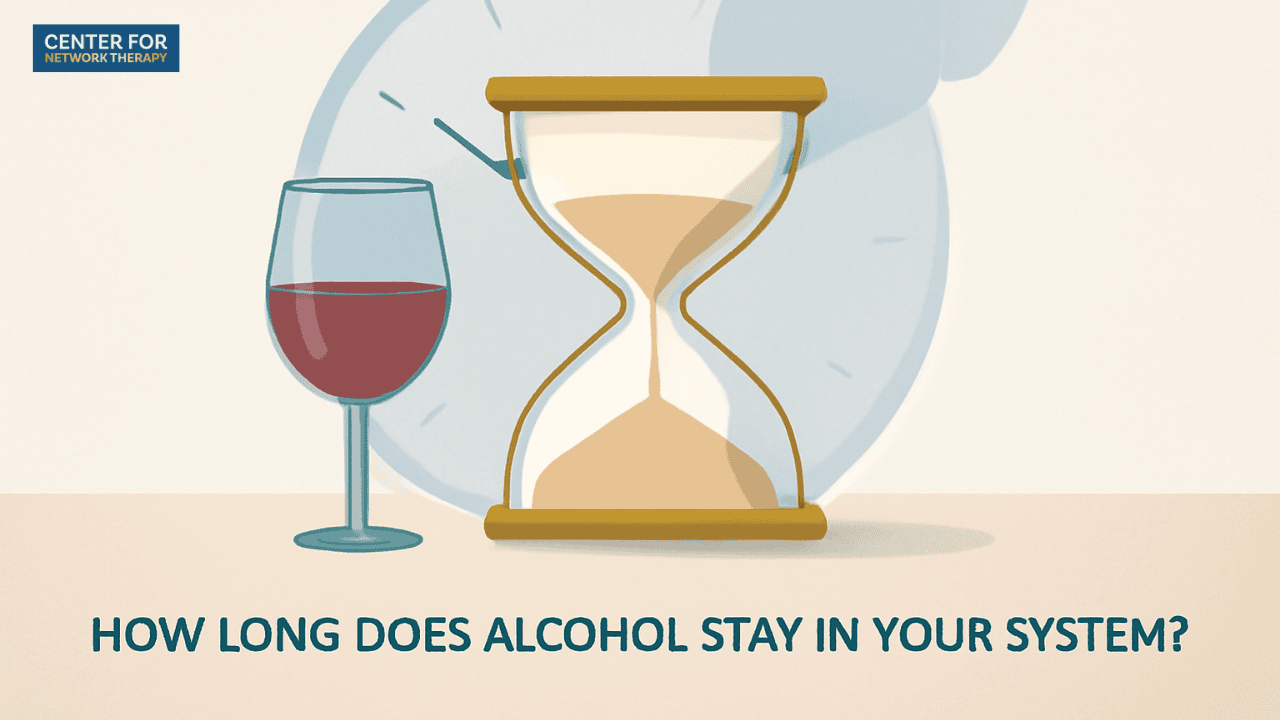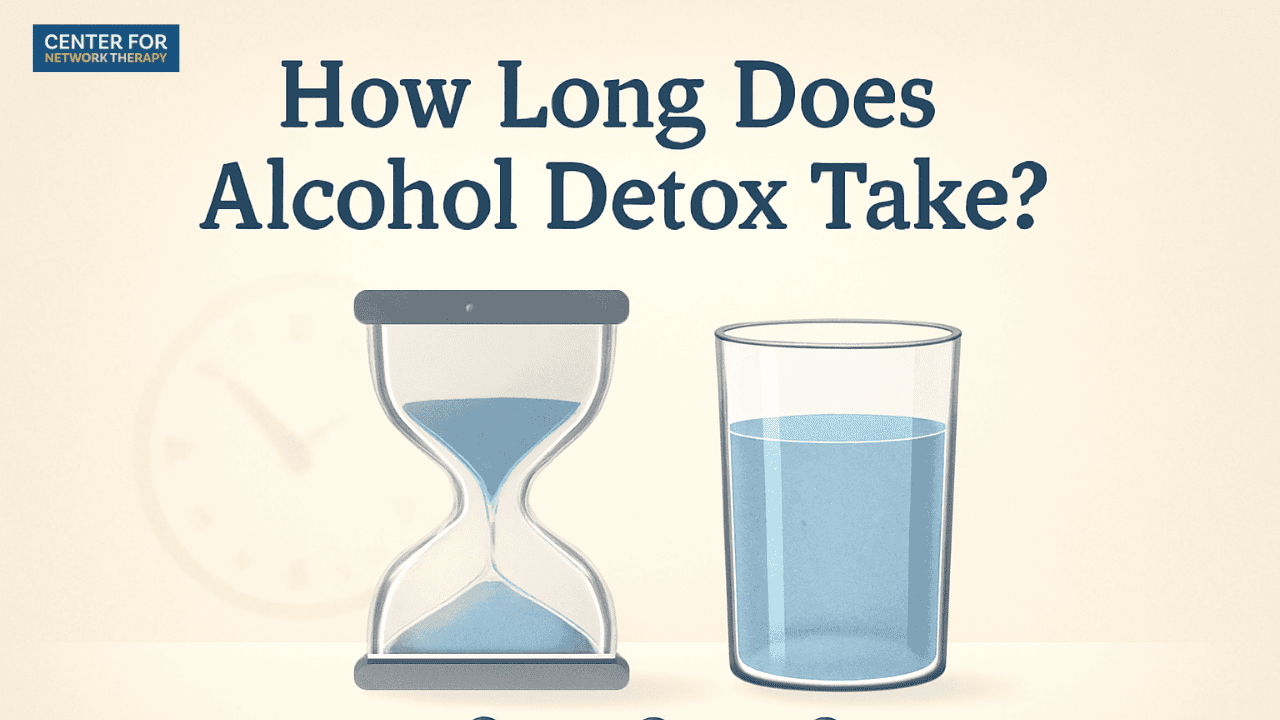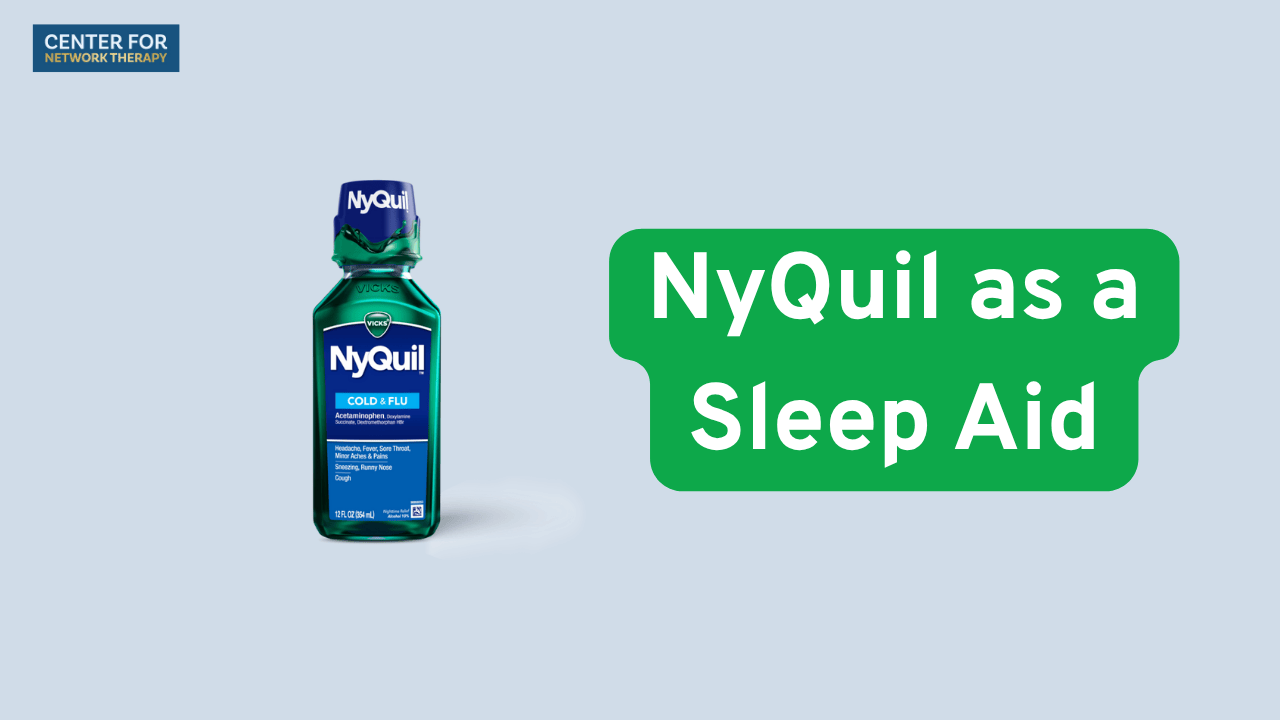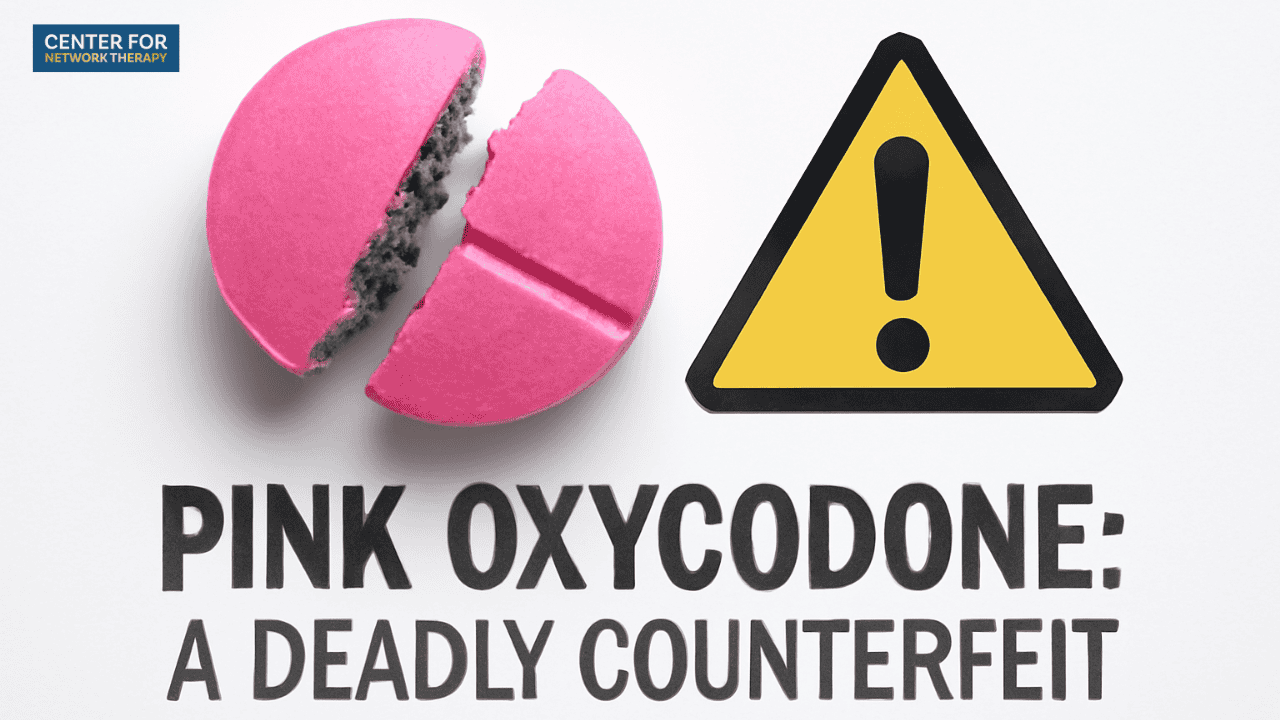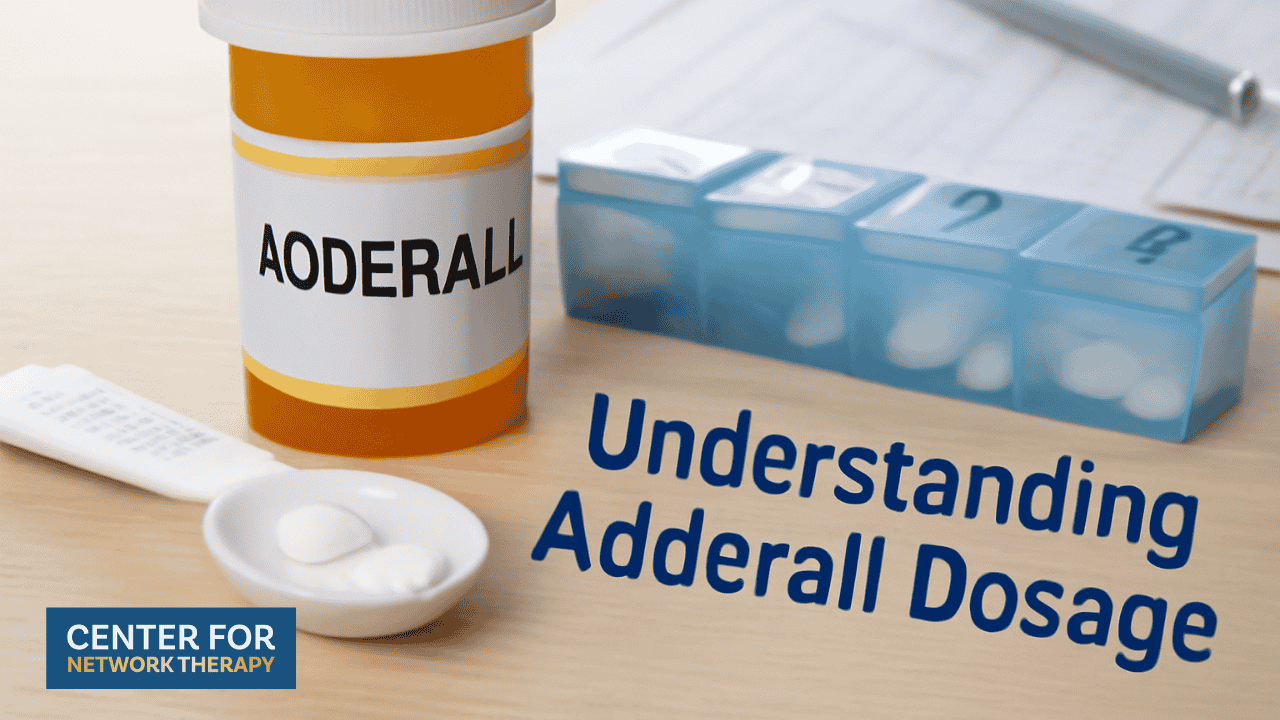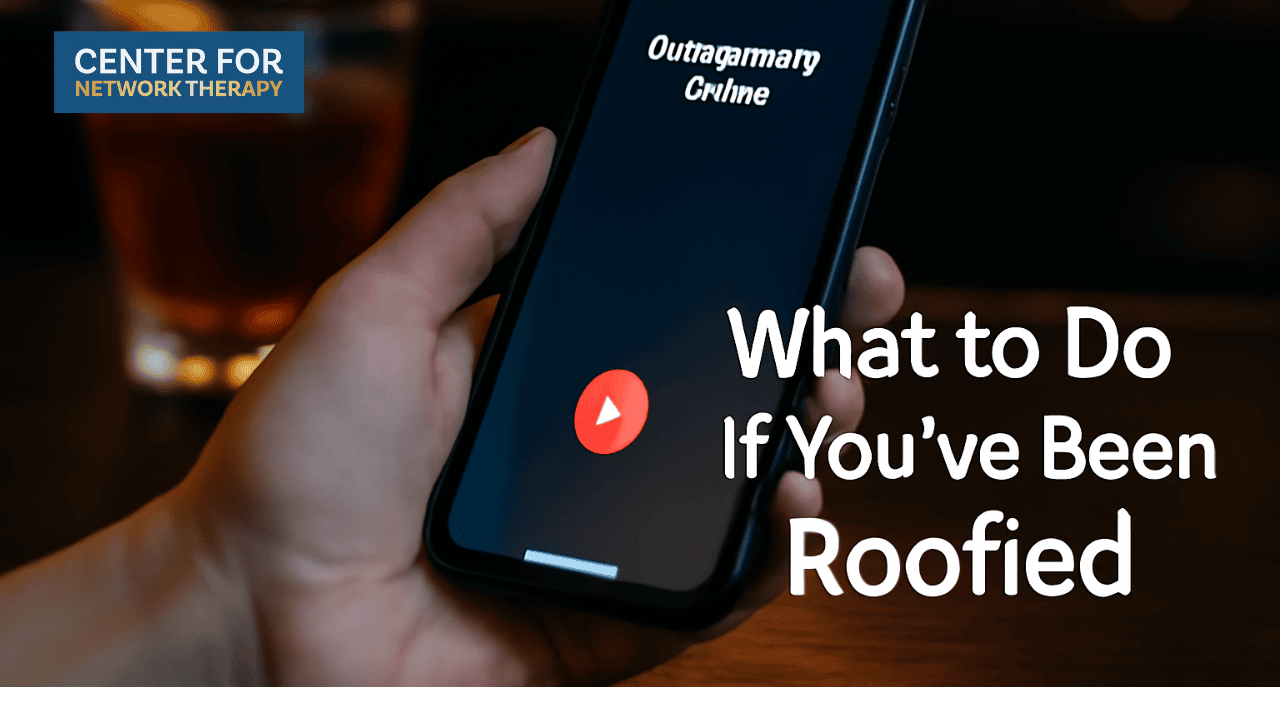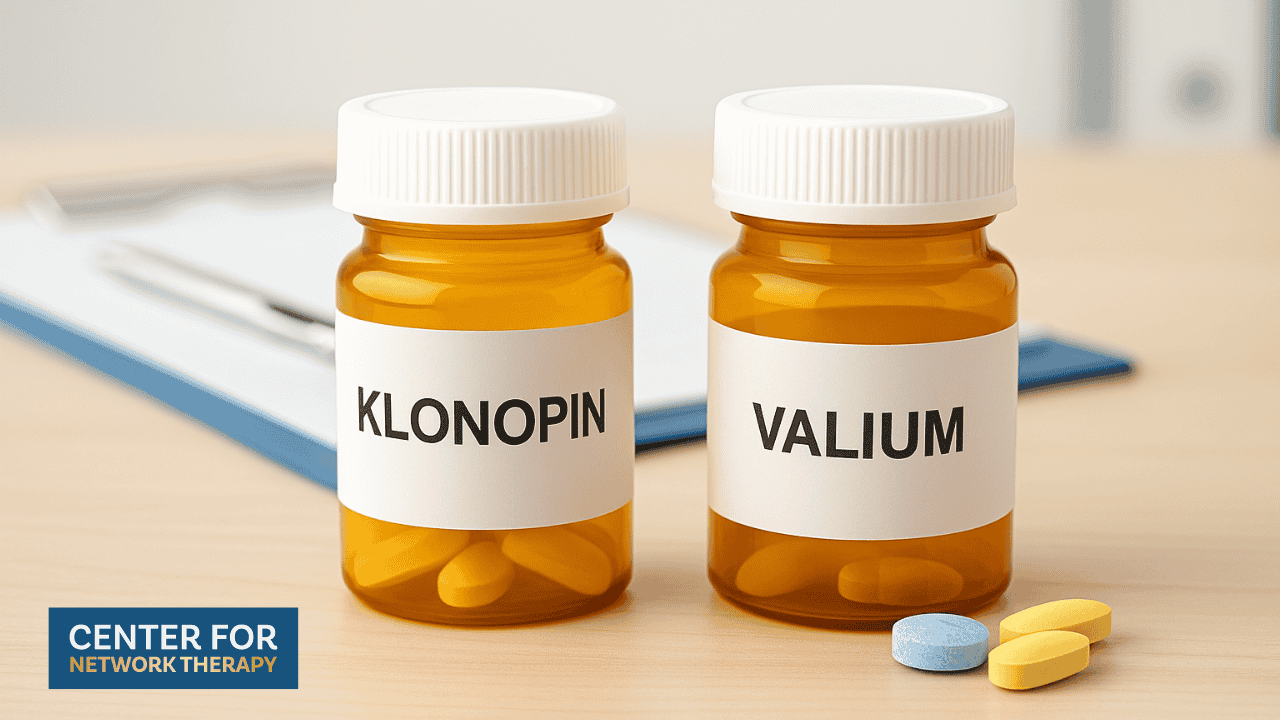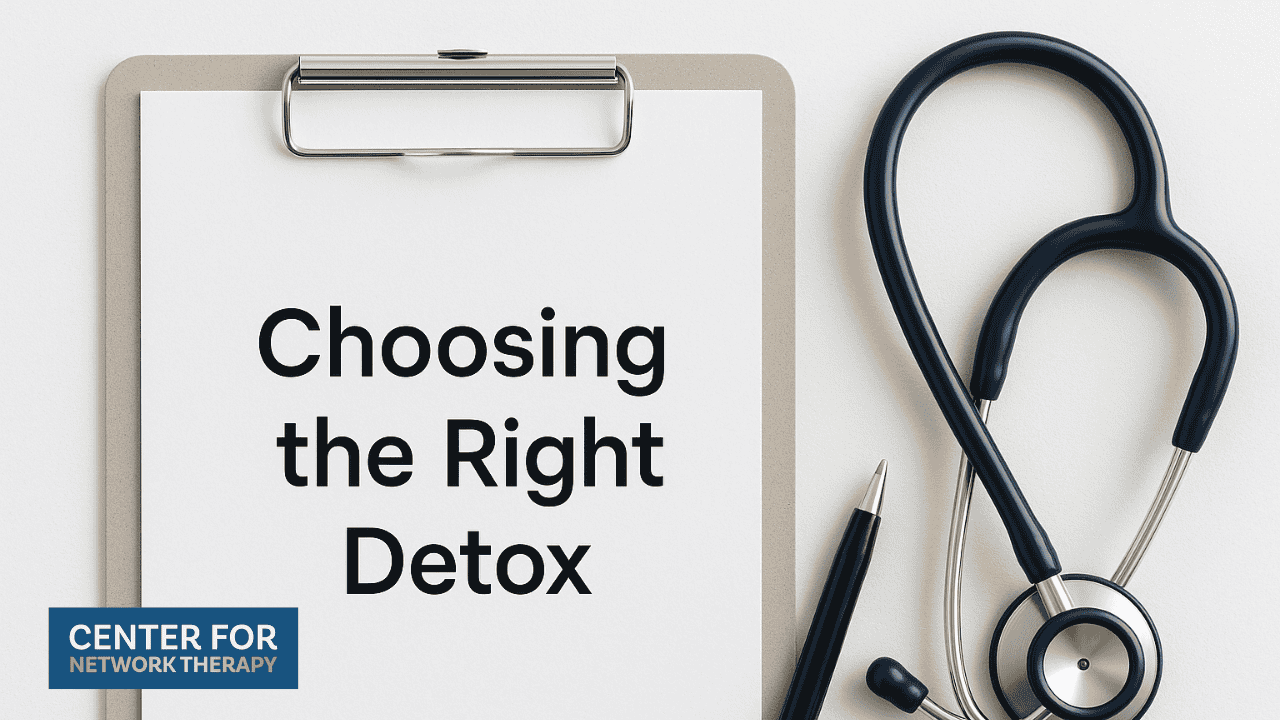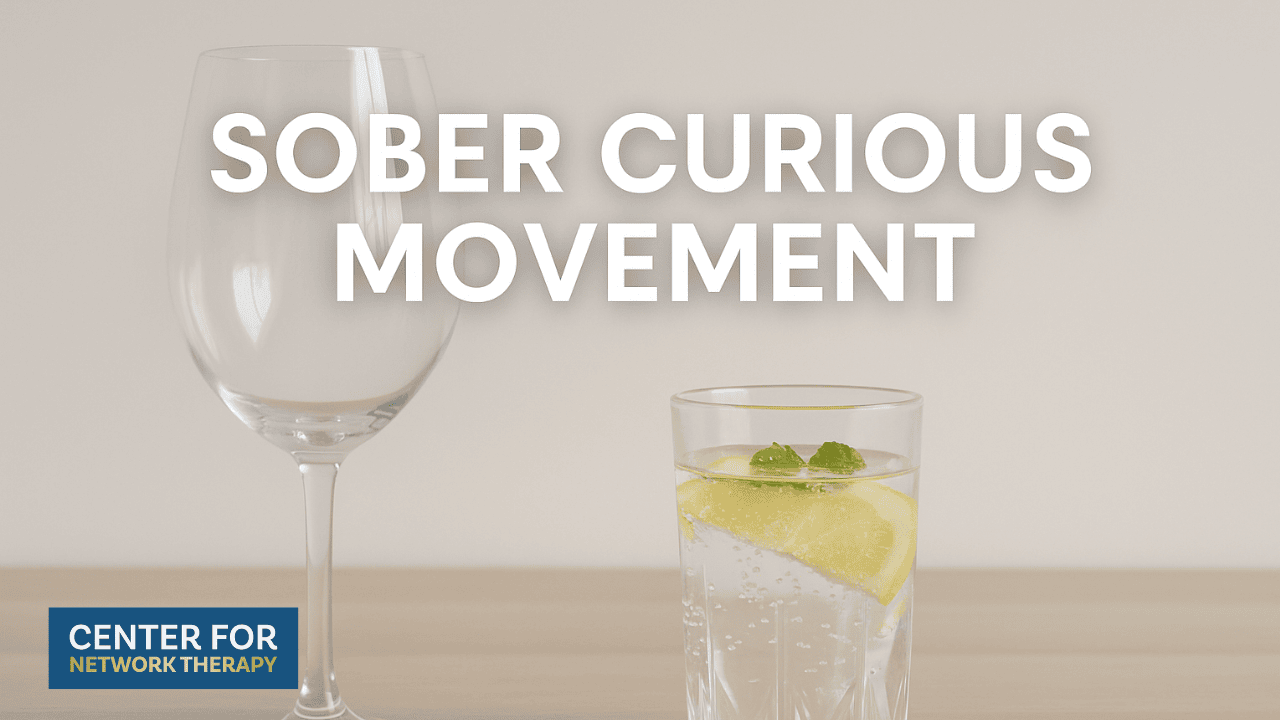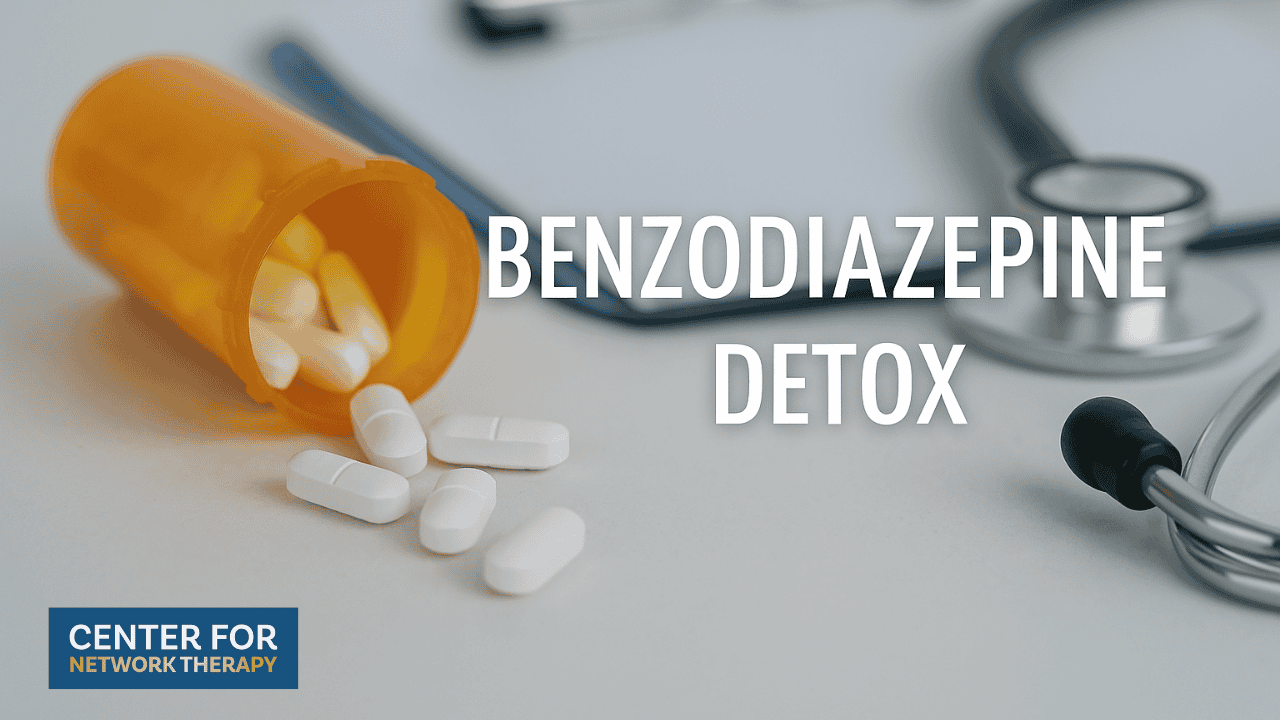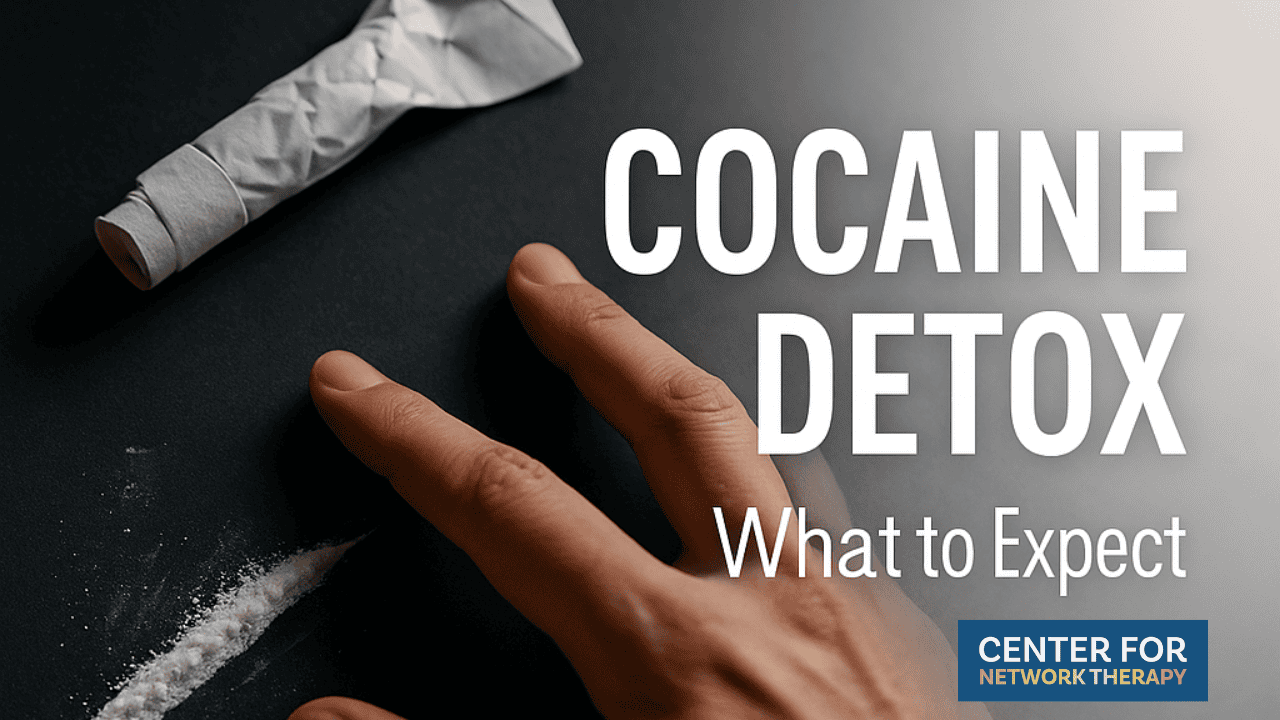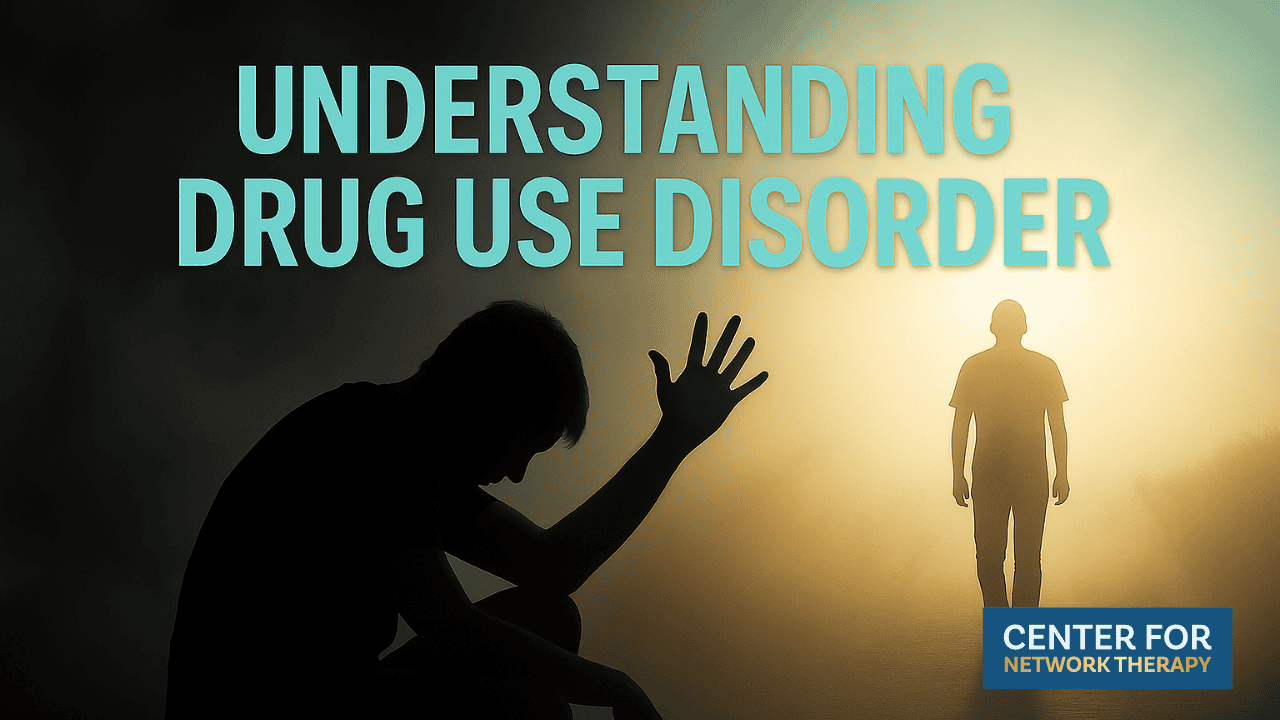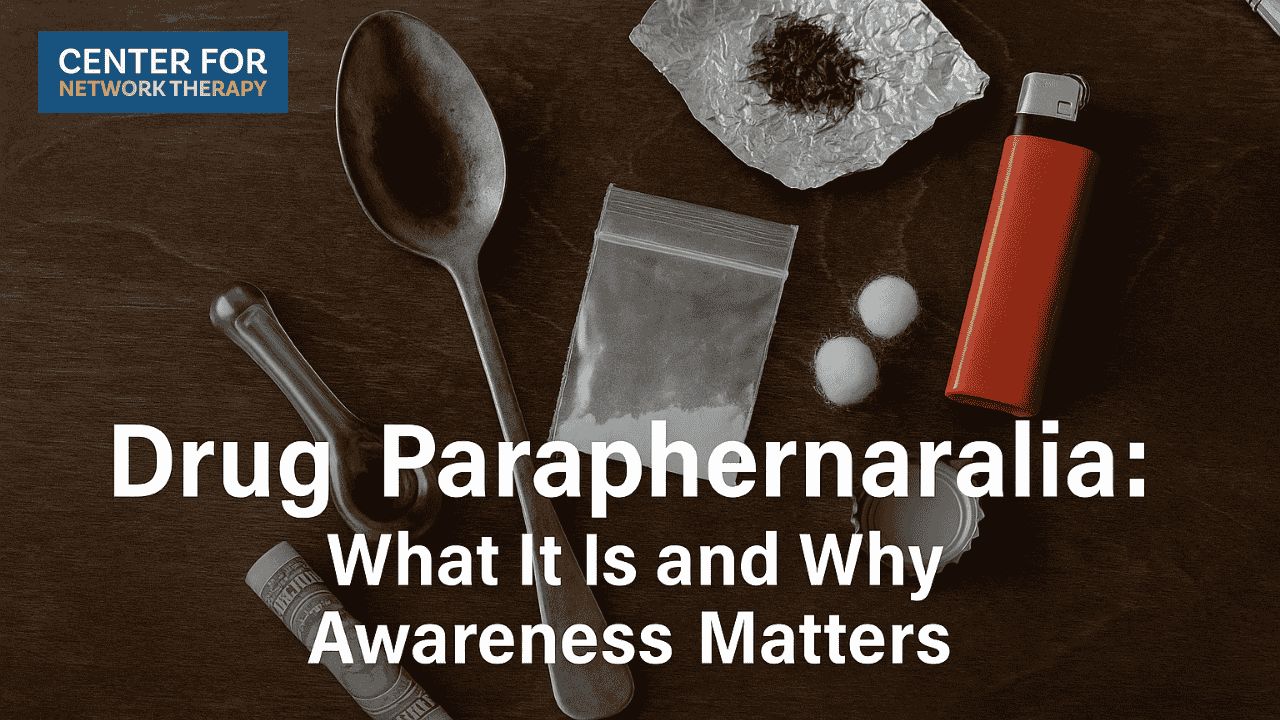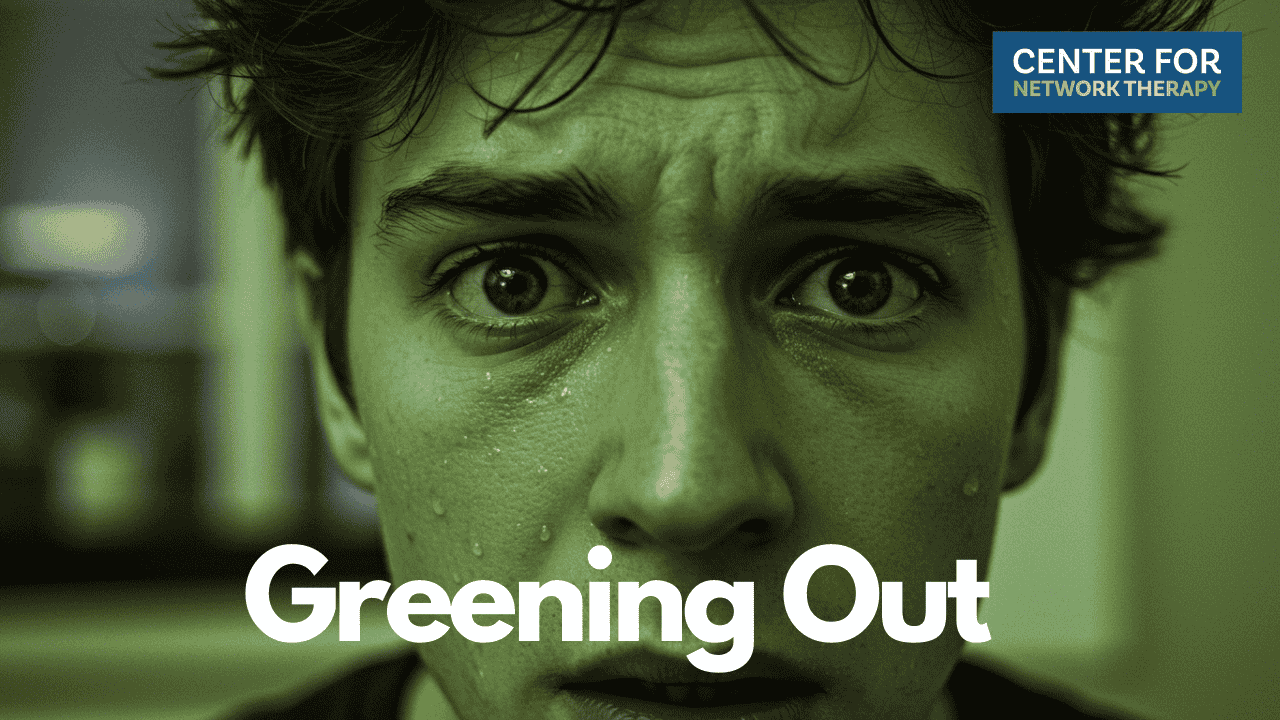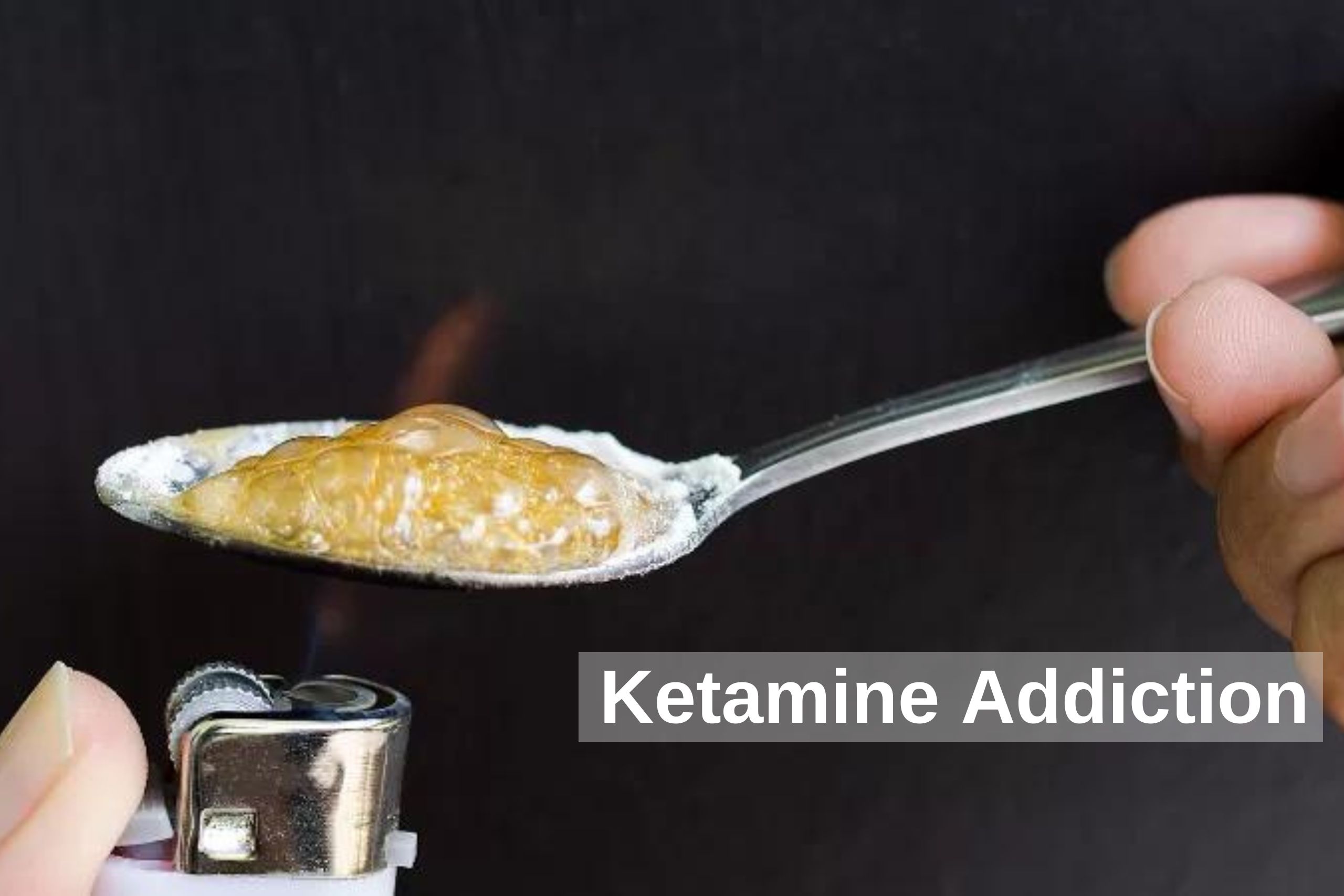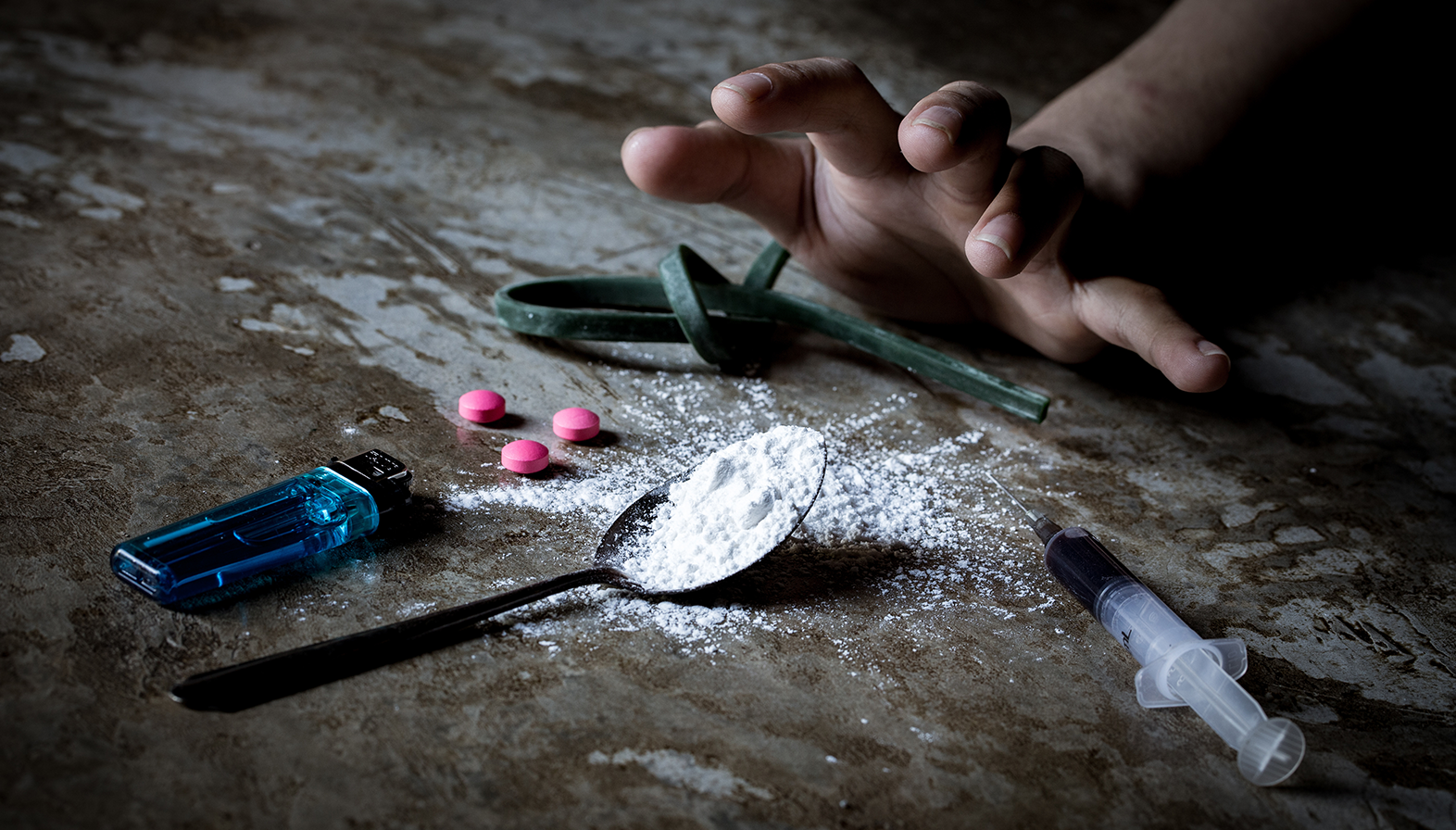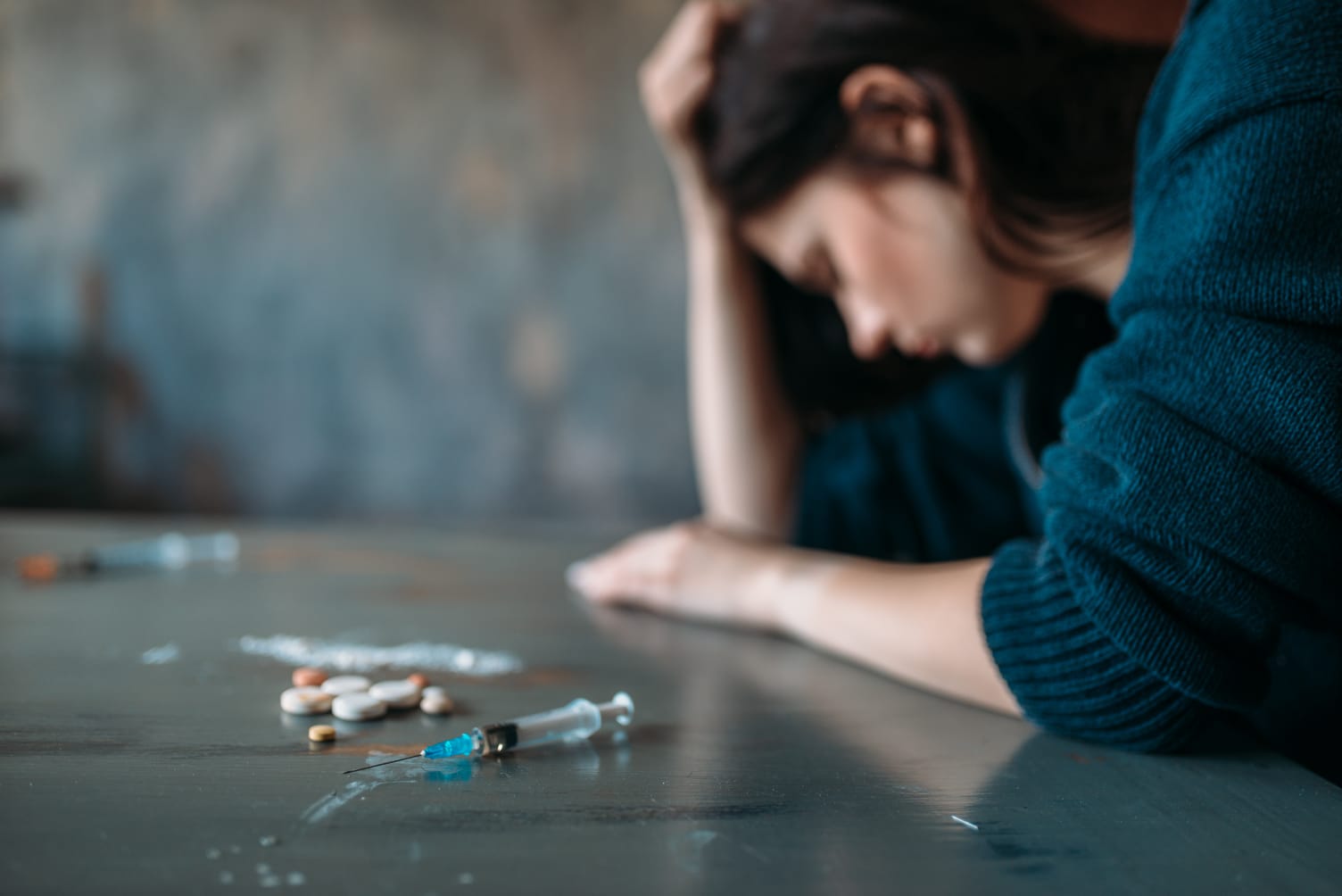Table of Contents
ToggleThe Overdose Data Gap: What Families Deserve to Know
When someone loses a loved one to an overdose, the first thing they need is clarity. But more often than not, they’re left with more questions than answers, because even the systems built to document these deaths aren’t catching the full picture.
At the Center for Network Therapy (CNT), we’ve seen it firsthand. Families come to us unsure of what happened, trying to understand a toxicology report, or wondering why their loved one’s cause of death doesn’t match what they witnessed. And the deeper issue? Overdose data in the U.S. is deeply incomplete.
Why the Numbers Don’t Tell the Whole Story
You see the headlines: record-high opioid deaths, synthetic drugs on the rise. But what you don’t see are the hidden losses; the ones never recorded or mislabeled. That’s because:
- Toxicology tests are often limited.
Many hospitals and coroners test for a basic set of drugs. New synthetic opioids like nitazenes or additives like xylazine don’t always show up unless you specifically test for them. - Overdose isn’t always listed as the cause.
A person might die from a drug-related heart attack or respiratory arrest, but without full testing, it could be marked as “natural causes.” - State reporting is uneven.
Some states report overdose data months late. Others don’t track non-fatal overdoses at all. The result? A fragmented view of the crisis.
What This Means for Families
When overdose data is missing or wrong, the ripple effects are real:
- Families struggle to understand what happened.
- Communities underestimate the local threat.
- Prevention and treatment efforts fall behind.
Worst of all, it reinforces the myth that overdose only happens to “those people”; the ones with a visible addiction, or the ones without support. But overdose doesn’t follow a script. It can happen to someone who was trying to recover. Someone who took a single counterfeit pill. Someone no one thought was at risk.
The Loss Behind the Statistics
Every day at CNT, we speak to mothers, fathers, siblings, and partners who’ve lost someone too soon. They aren’t just grieving a death. They’re grappling with silence because an unclear report or a missing entry in the system makes it feel like their loved one’s story doesn’t count.
It does.
We believe that every overdose death should be recognized, understood, and learned from. And it starts with better data and better care.
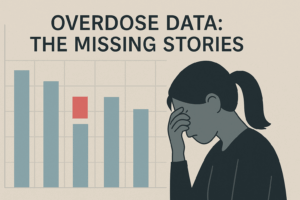
Our Commitment at CNT
As an outpatient detox center, we focus on helping individuals get the care they need without stepping away from their lives. But we also support families; the ones trying to navigate grief, confusion, and sometimes guilt that was never theirs to carry.
Our approach includes:
- Trauma-informed care
- Family involvement in recovery
- Education around harm reduction and drug safety
- A focus on long-term wellness, not just short-term detox
Because recovery isn’t just about statistics. It’s about people. And those people deserve better.
What Needs to Change, And What You Can Do
Here’s how we all move forward:
- Push for expanded drug testing panels in medical examiners’ offices.
- Support real-time overdose reporting at local and state levels.
- Talk about overdose risk with empathy, especially with young adults and those in early recovery.
And most importantly: don’t assume silence means safety. If you’re worried about someone, say something. If you’re grieving, reach out.
We’re Here to Help
If you’re navigating addiction in your family, or just need to understand what resources are available, we’re here.
📞 Call us at 732-484-9661
📝 Take our Detox Quiz to explore options
🌐 More resources: Recognizing and Responding to a Xanax Overdose
You deserve answers. You deserve support. And so does every person behind the missing data.




